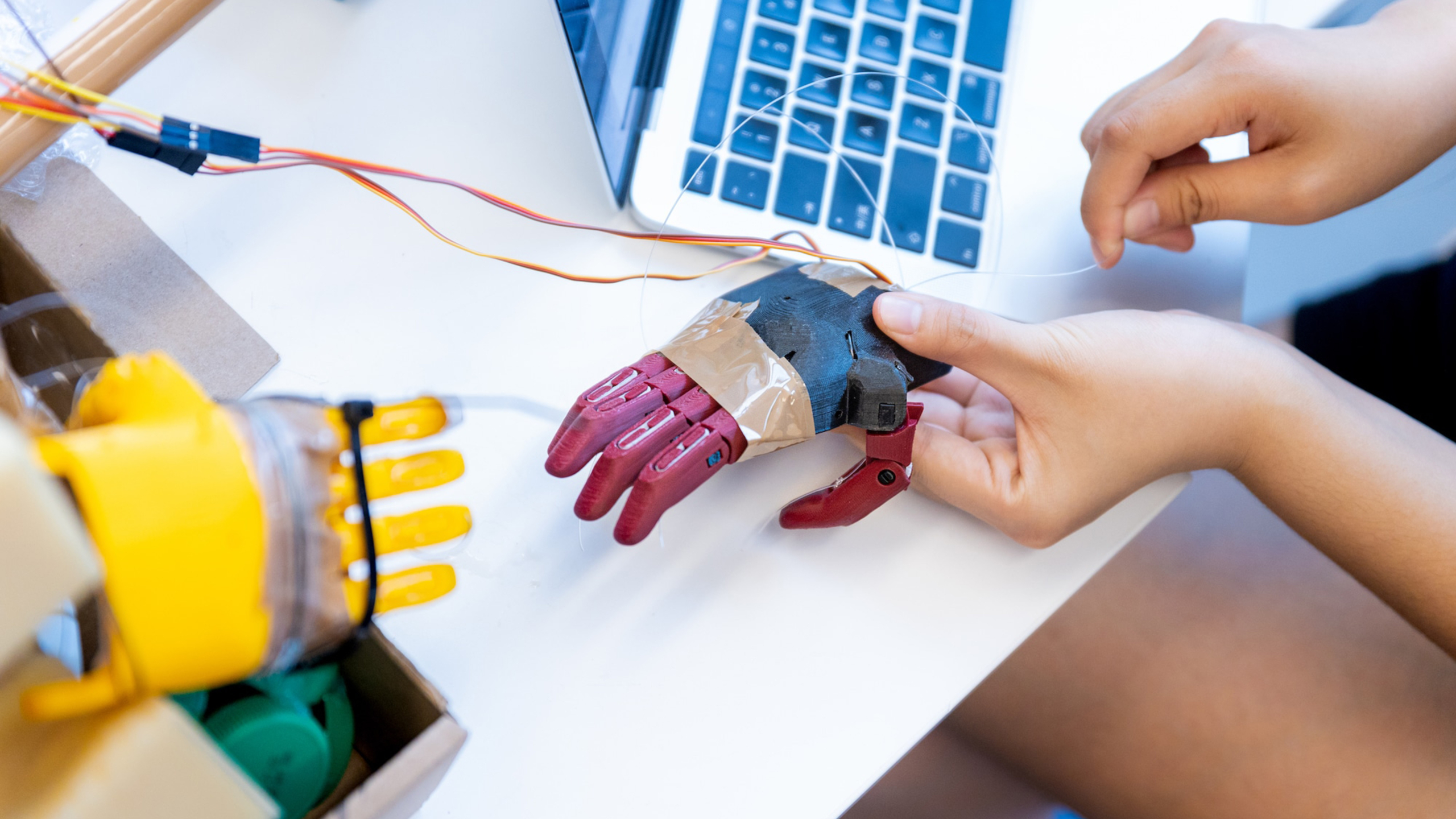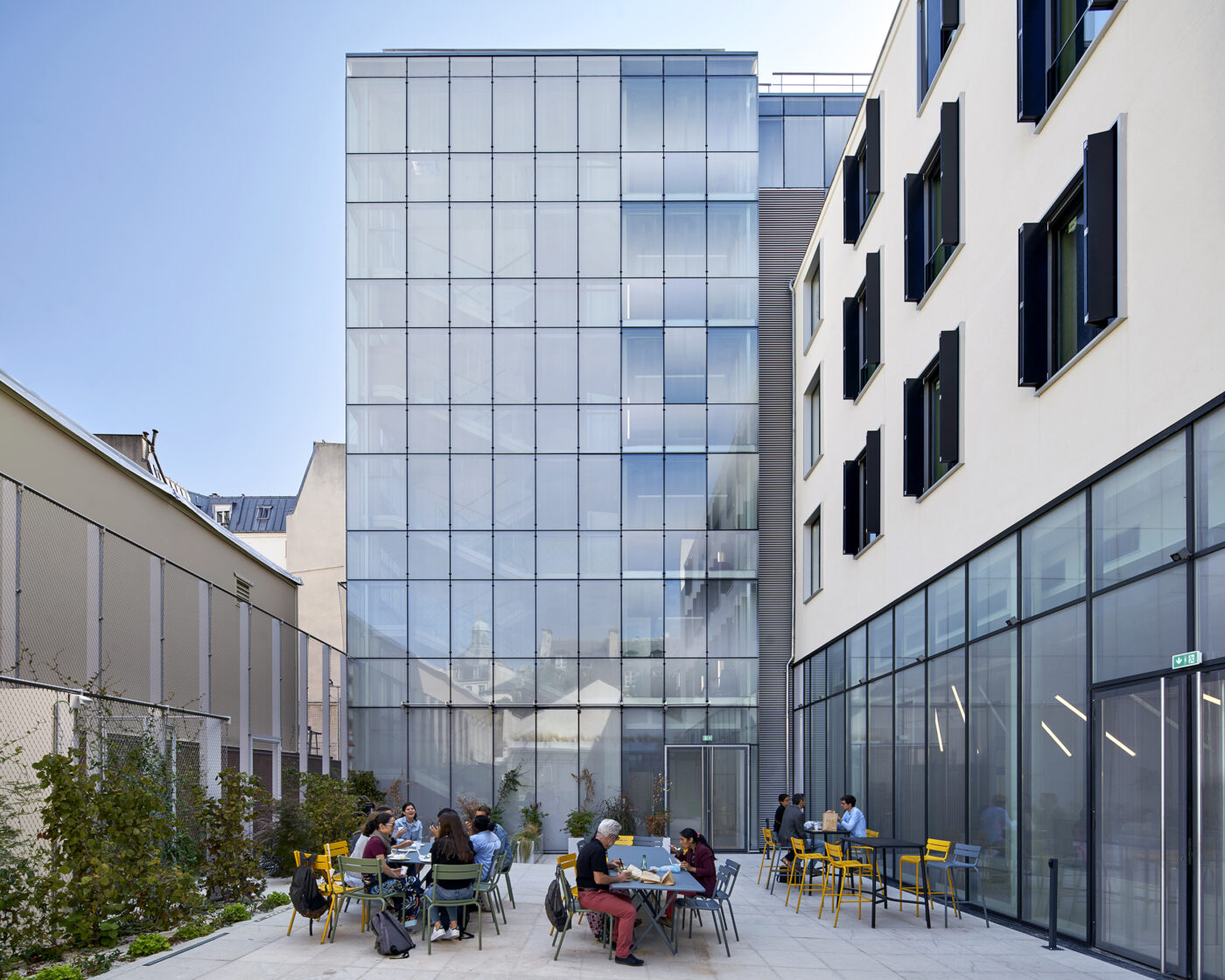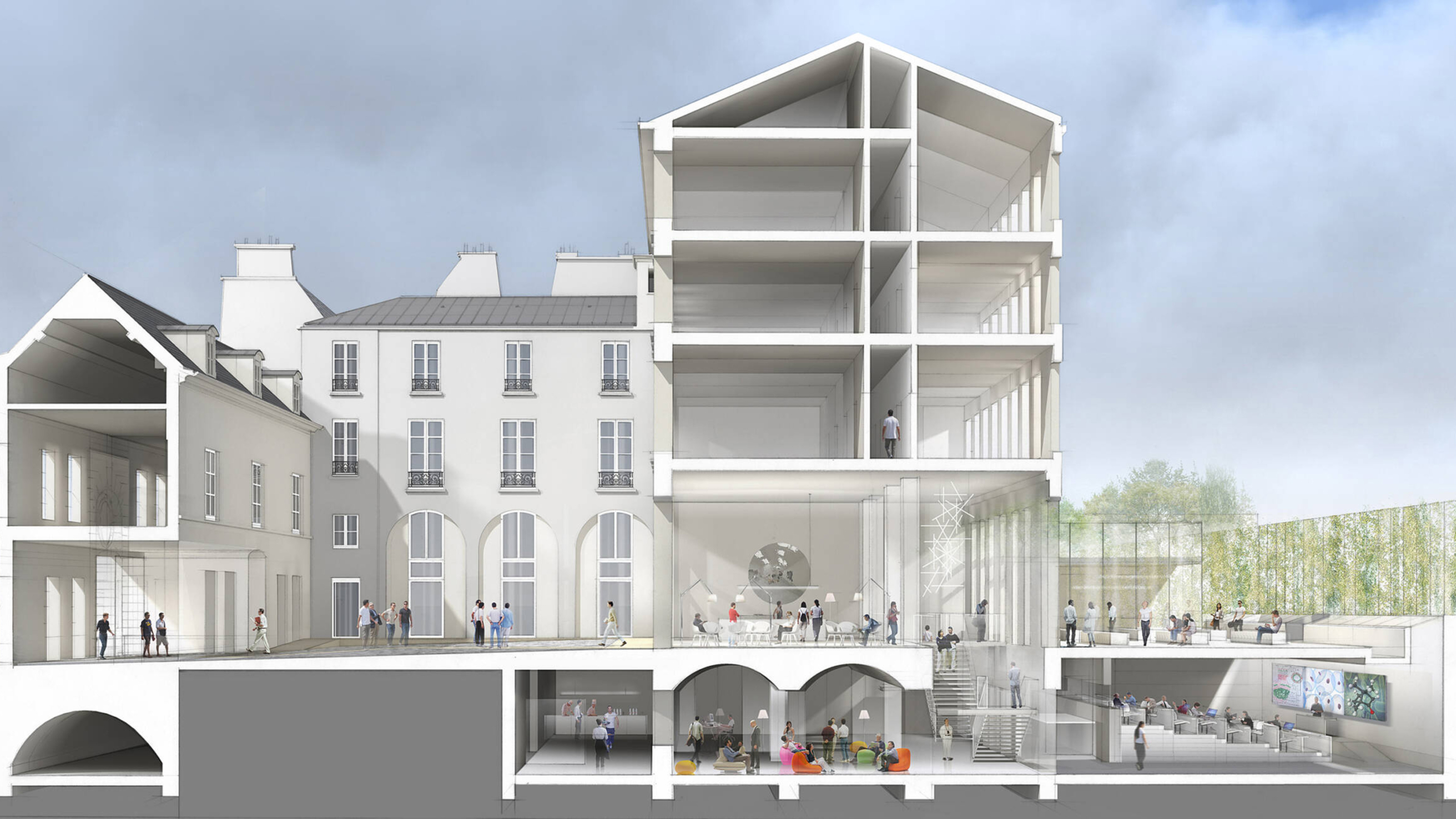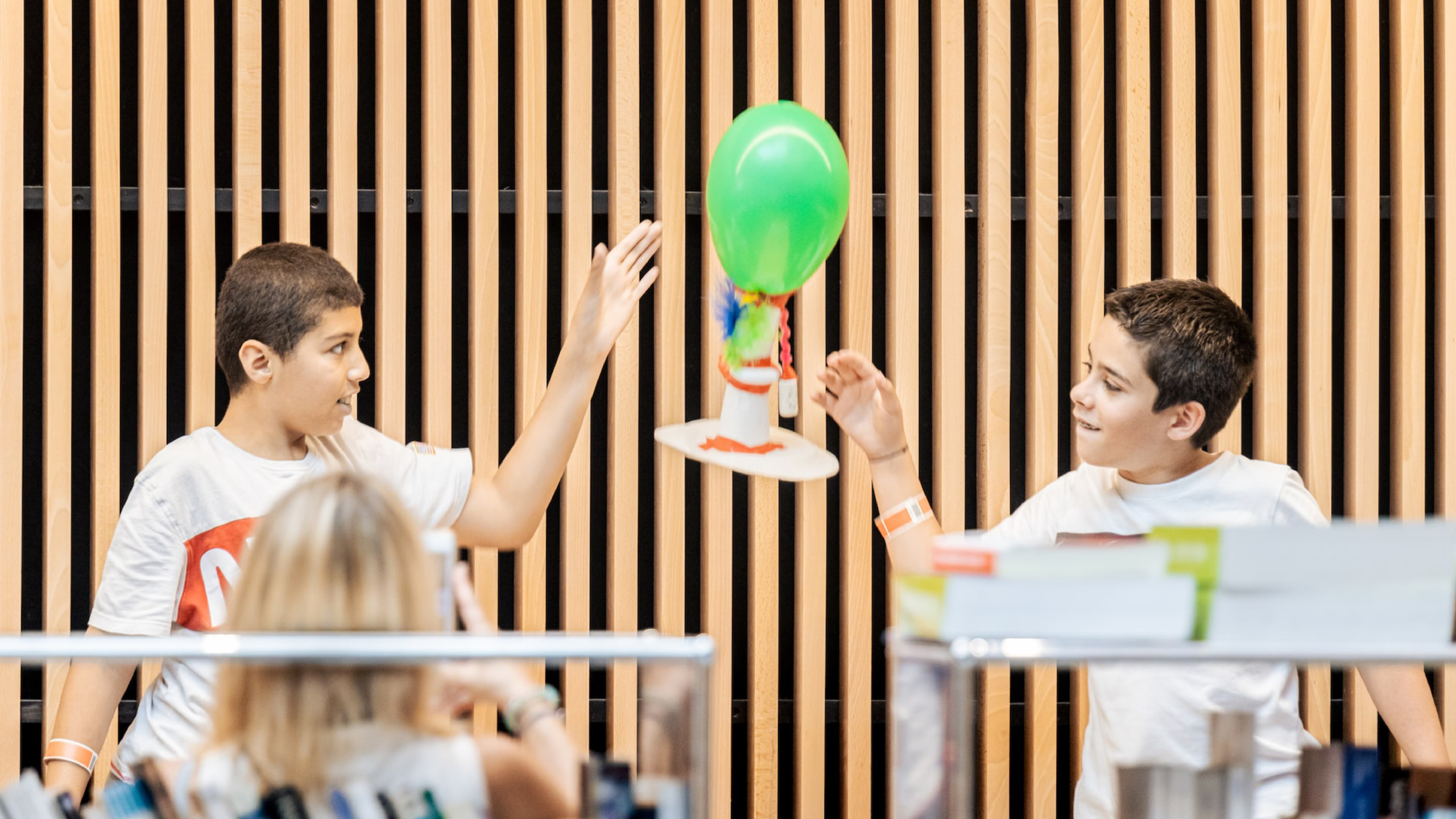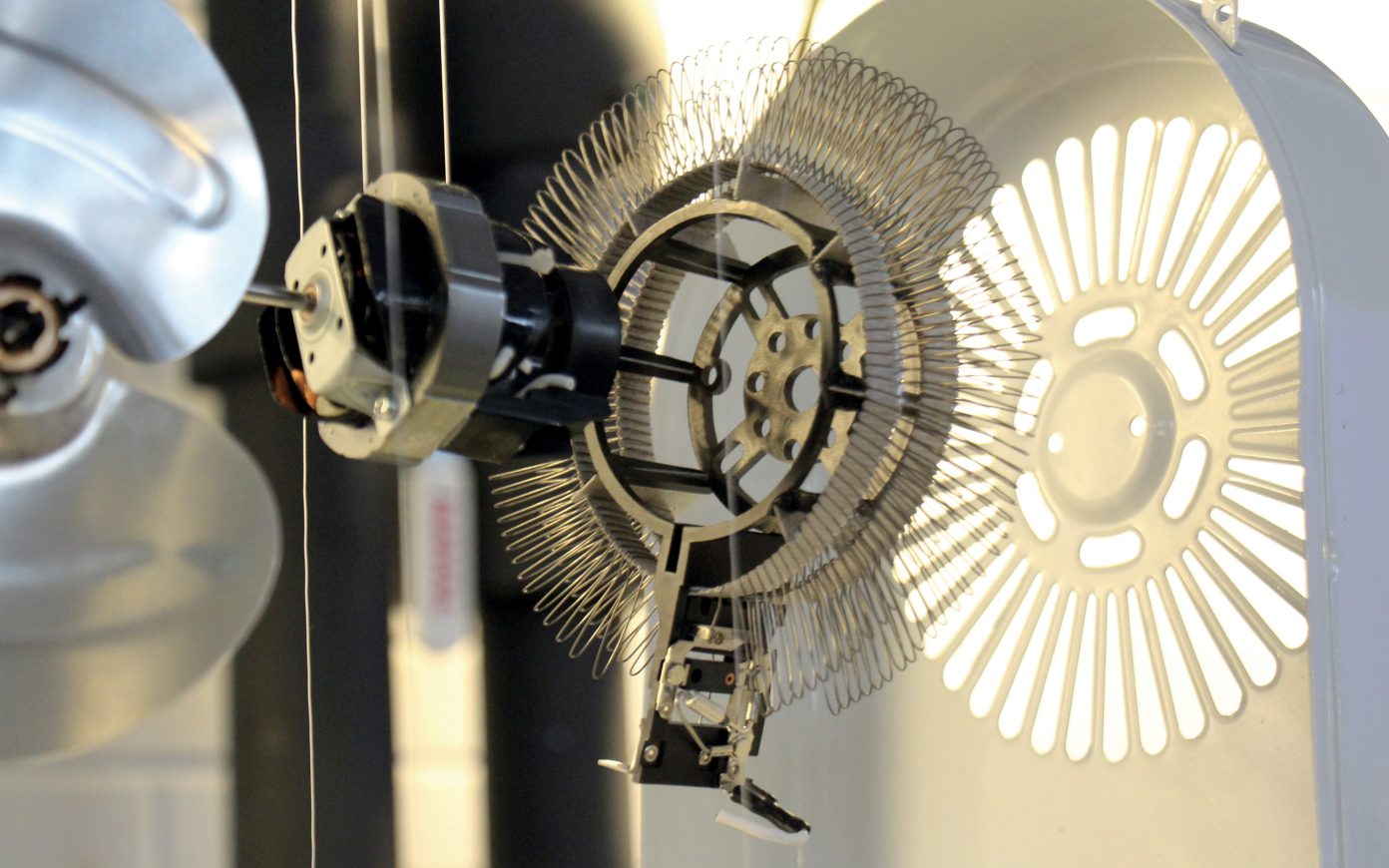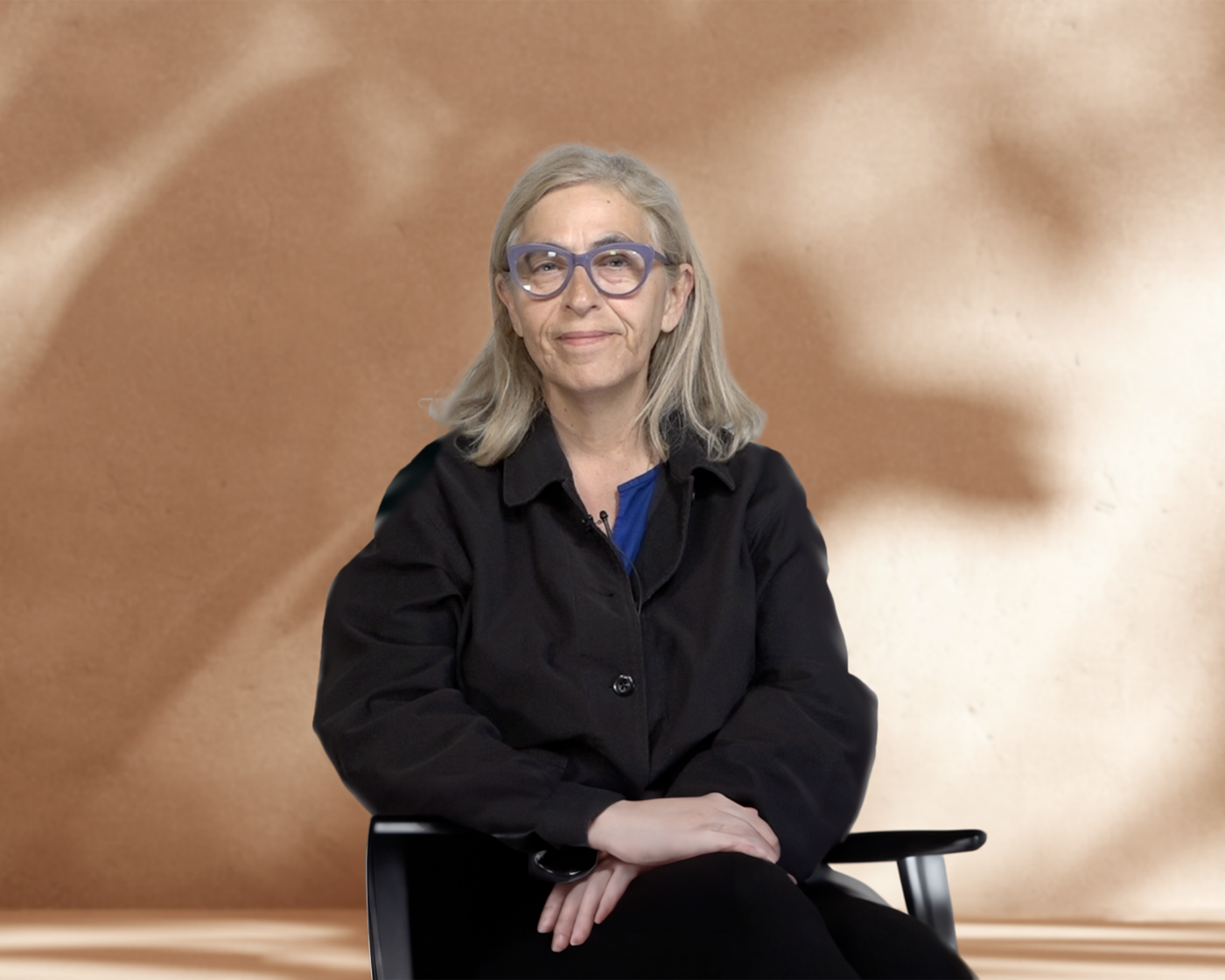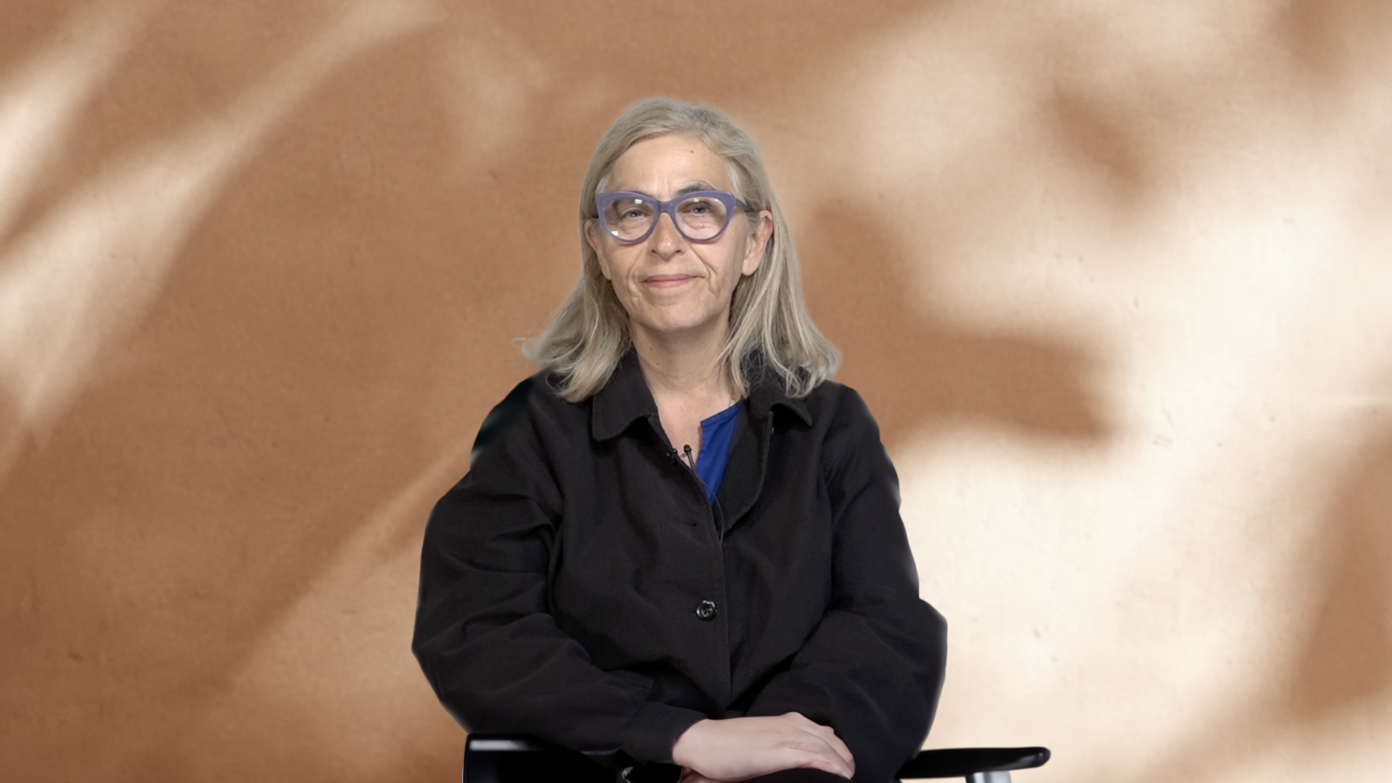Fostering collaborations through Artificial Intelligence
We therefore use an artificial intelligence which transforms texts into vectors, which means that depending on what the AI reads—and the volume can be enormous—it is capable of transposing it in space and generating connections.
For example, by reading all the student projects from a given university and comparing them with all the Wikipedia pages and corpuses we provide it with, it is capable of calculating the distance between subjects and of putting these students in contact with various researchers and players with similar preoccupations throughout the world, including from different disciplines. This comparison enables you to identify what you know, but also what you do not, and how you might learn useful things to rise to your specific challenge. This process follows the same platform logic as existing applications such as Uber, Google Maps, Tinder, etc., but in the field of knowledge, where there is still a need for other services to encourage coming together.
To test the reliability and the relevance of this artificial intelligence, we started with the corpus of The Conversation, a platform for sharing scientific knowledge, and in the end, the quality of the recommendations was at least as good as those of the journal’s professional editors, even though the AI had not yet been enriched with their human intelligence.
We know that it can serve the commercial interests of some people or the political interests of some others, but why could it not also enable the development of ethical projects in the service of the common good? Projects that would help us to move forward, grow, and gain in wisdom, as opposed to projects that manipulate us, monitor us, and transform us into frenzied consumers or social network freaks. We are already witnessing a downward spiral among those who control AI, but the situation could get even worse.
Fundamentally, I think that we need new narratives. And more than that, we need to encourage young people to free their imaginations, because a lot of the current narratives terrify them more than they inspire them. Planetary narratives, new utopias: that is what we need. Although we have to take the physical limitations of the planet into account, we must not forget that our imagination, for its part, is unlimited. I believe that it will give rise to a great number of future solutions.
